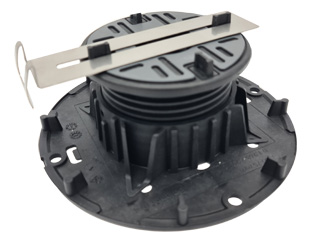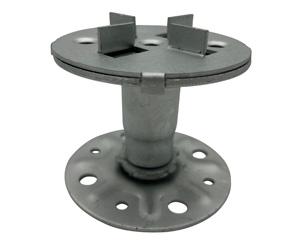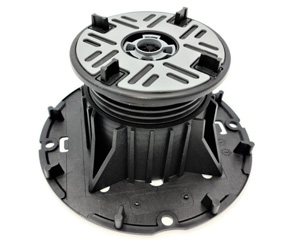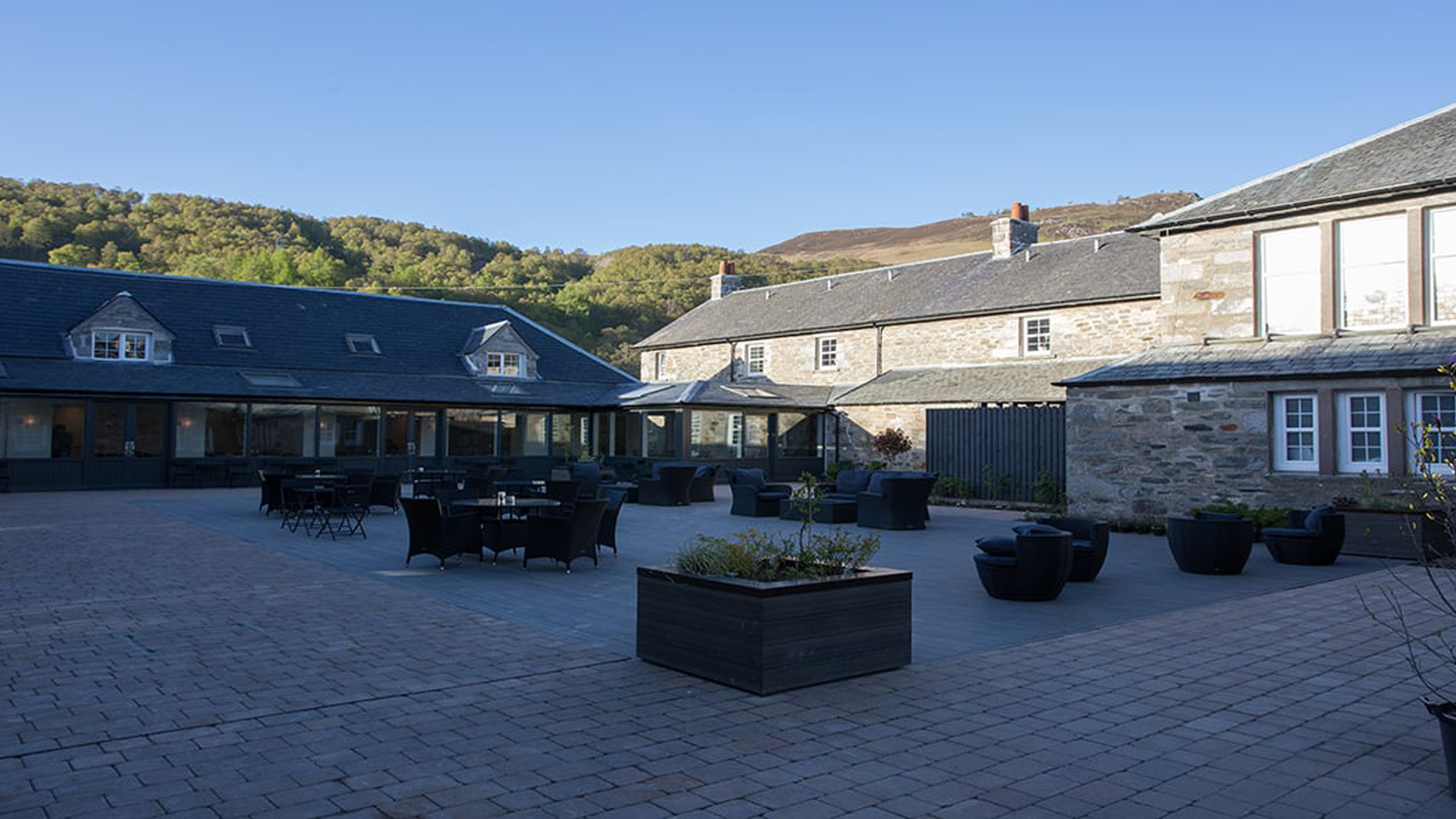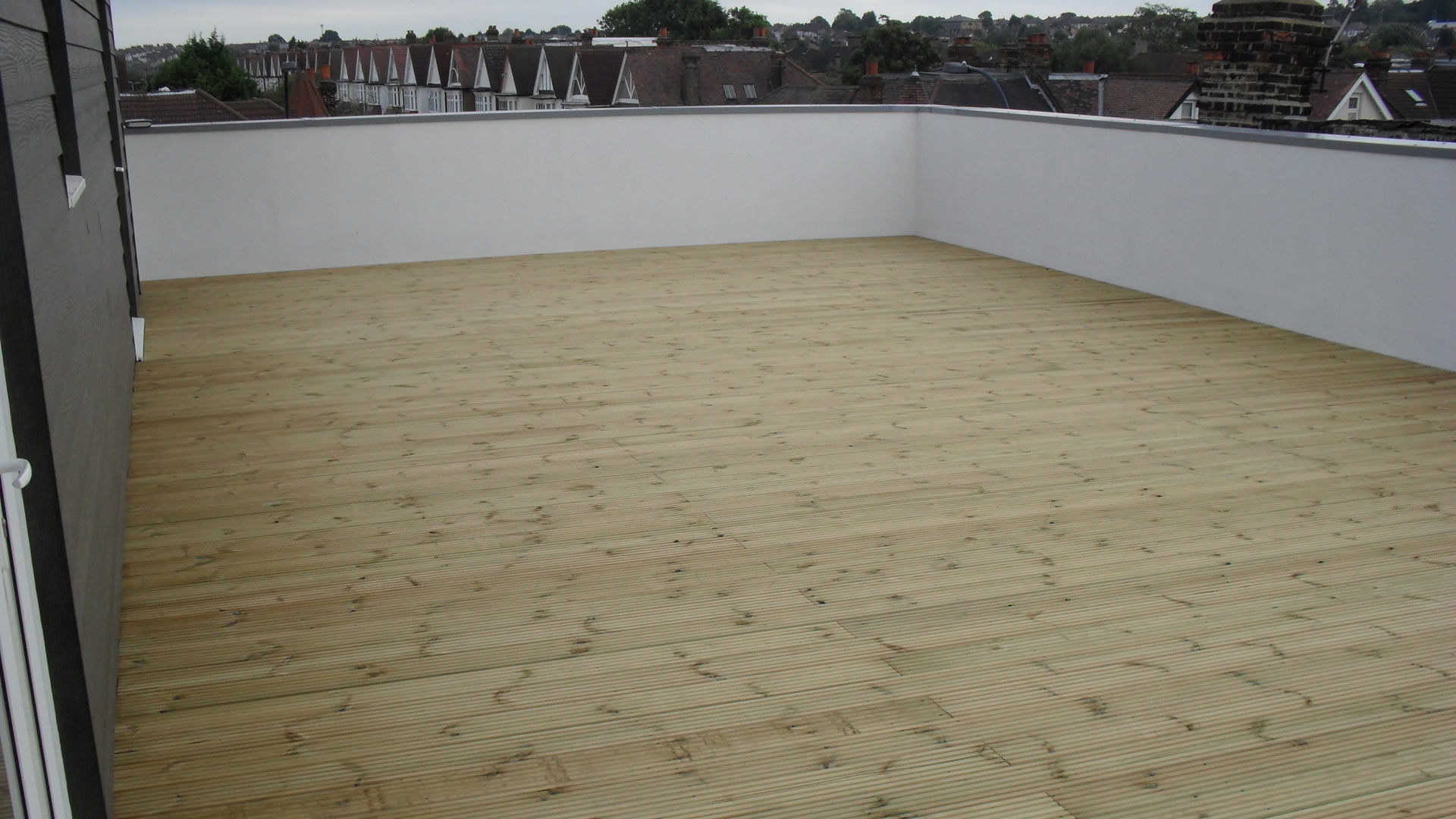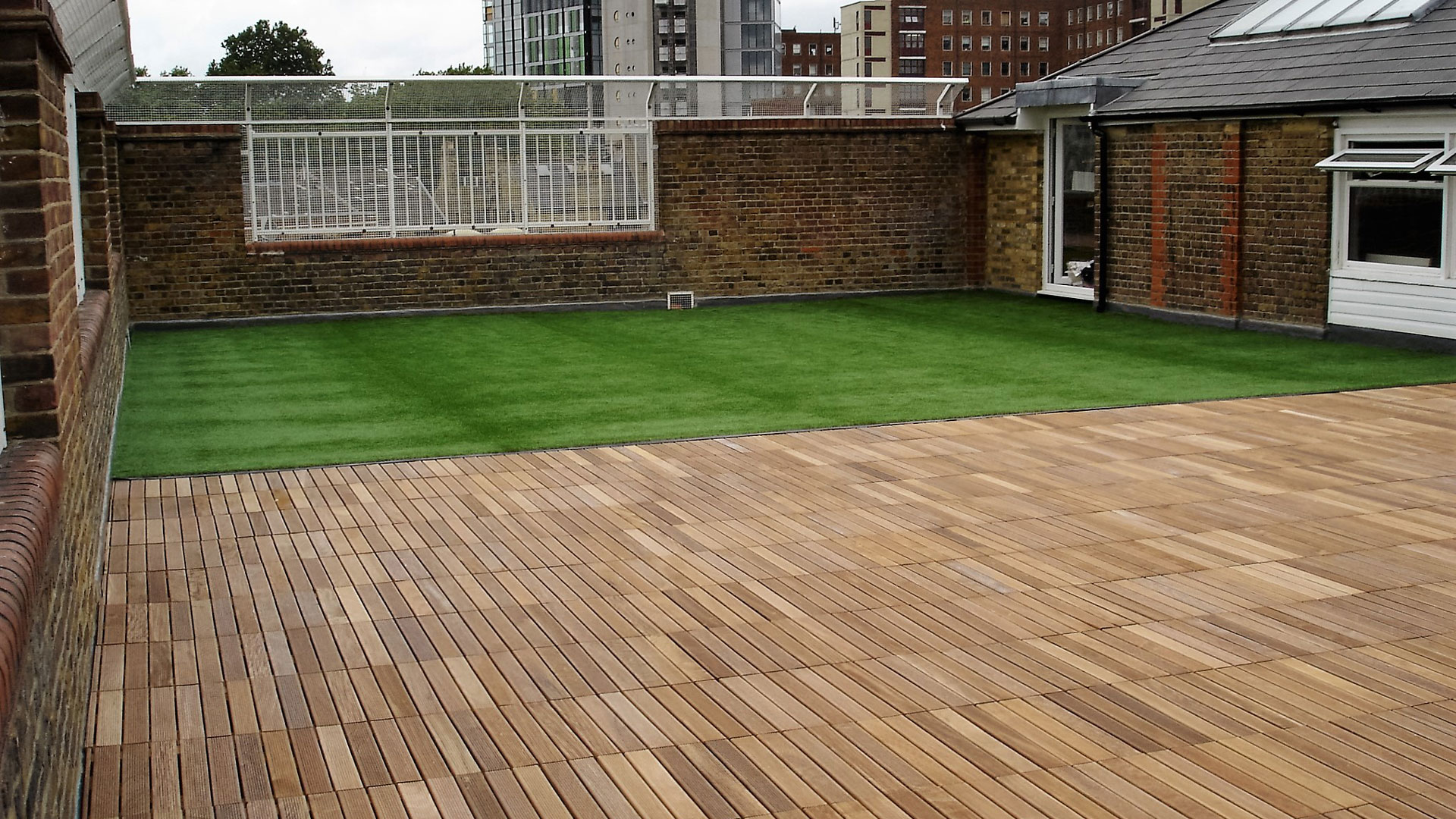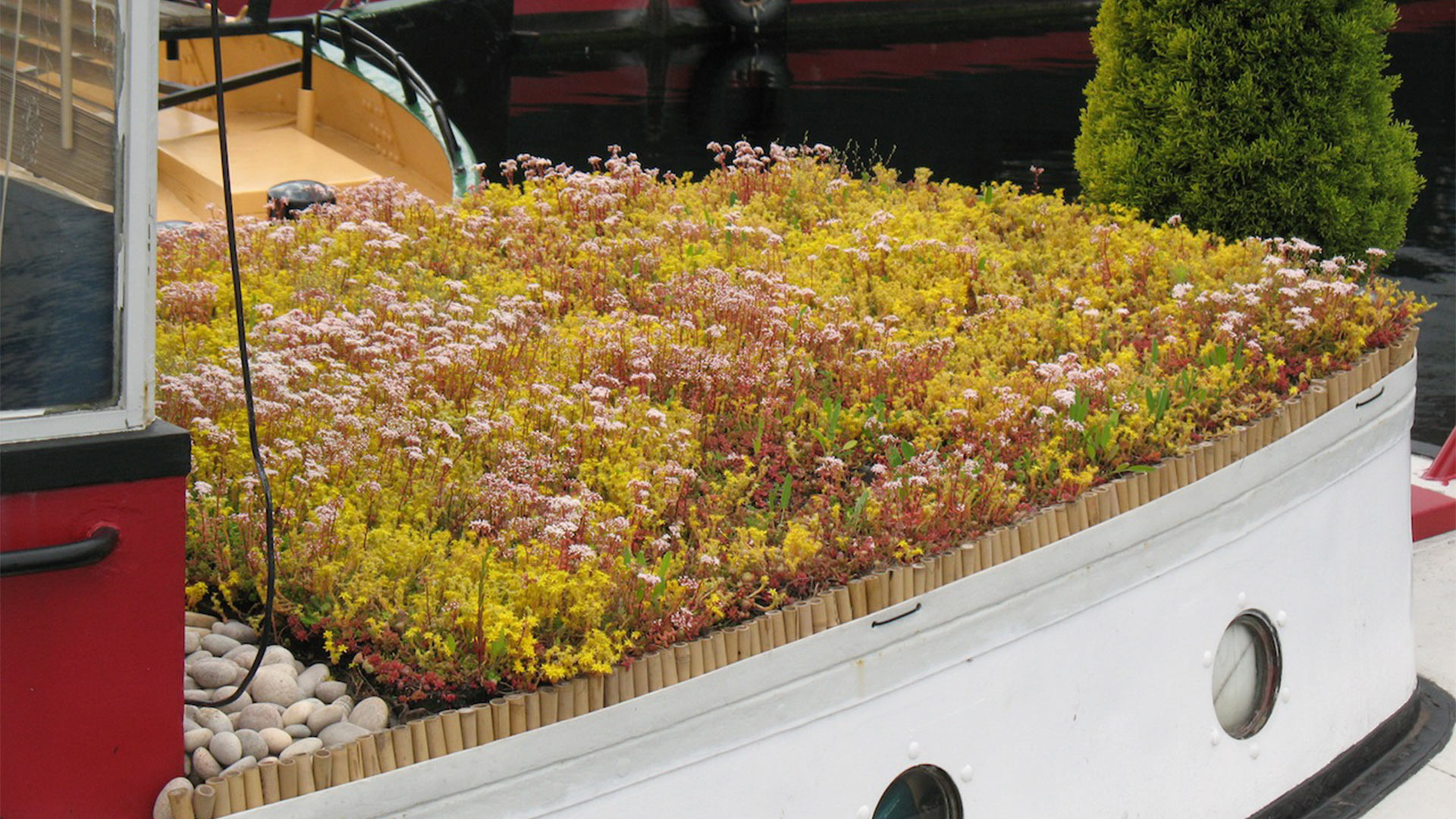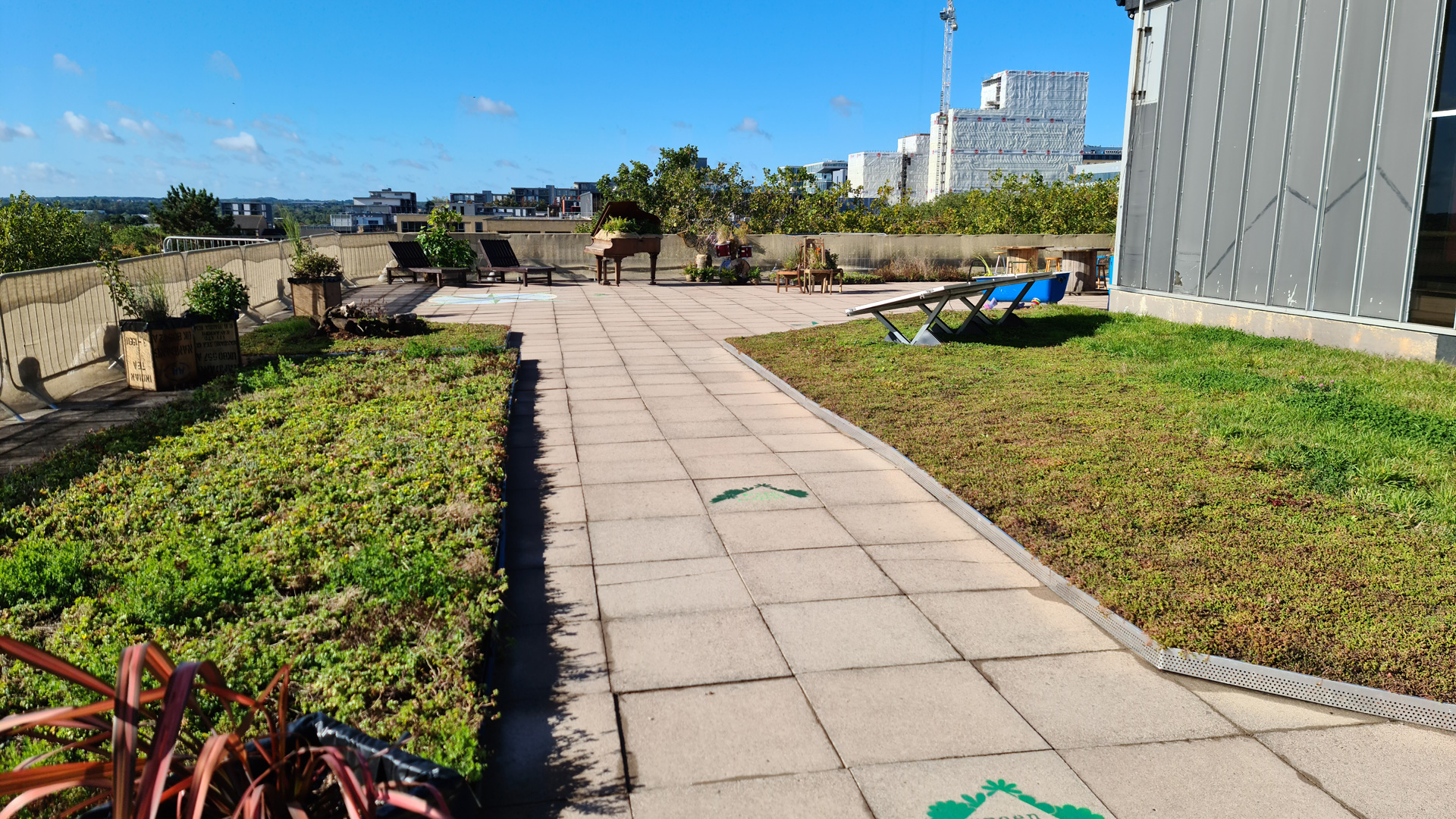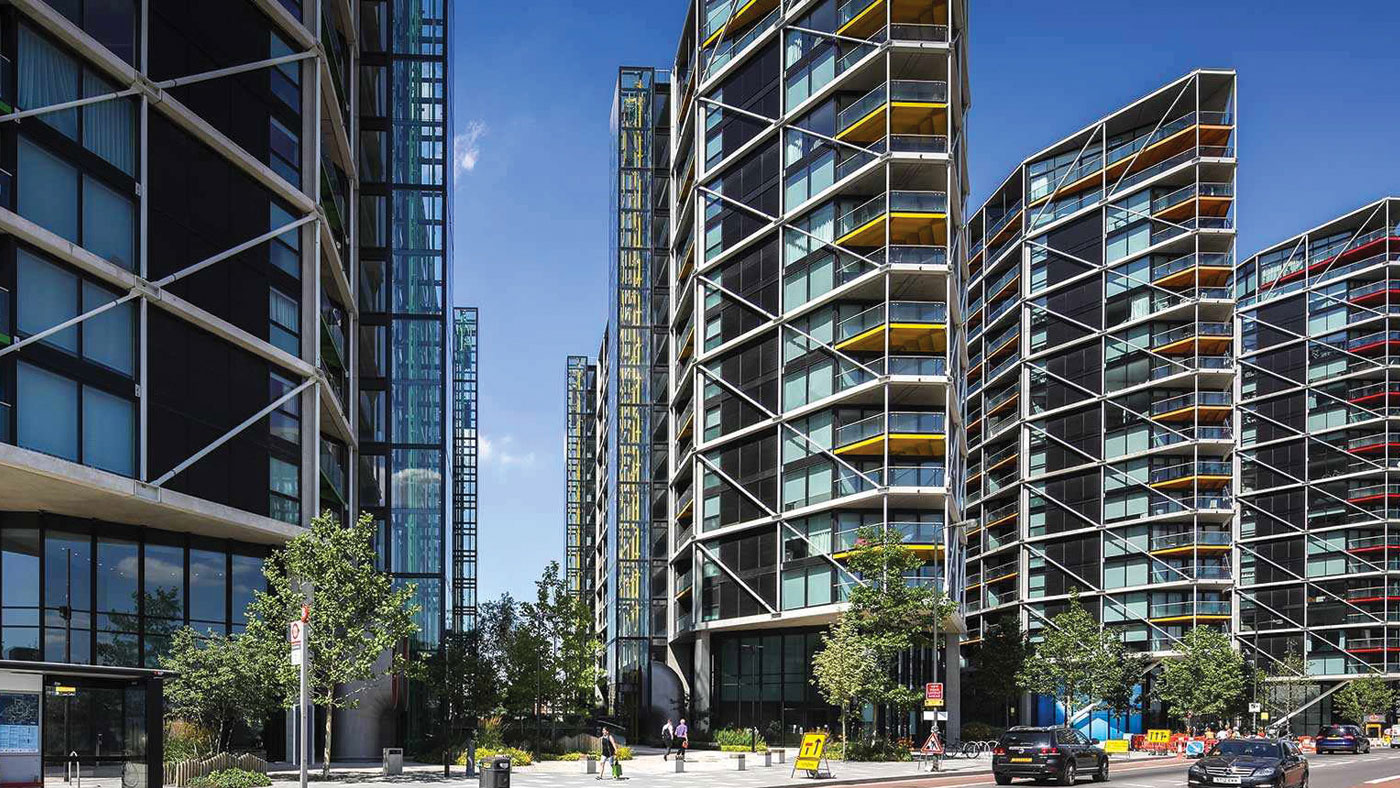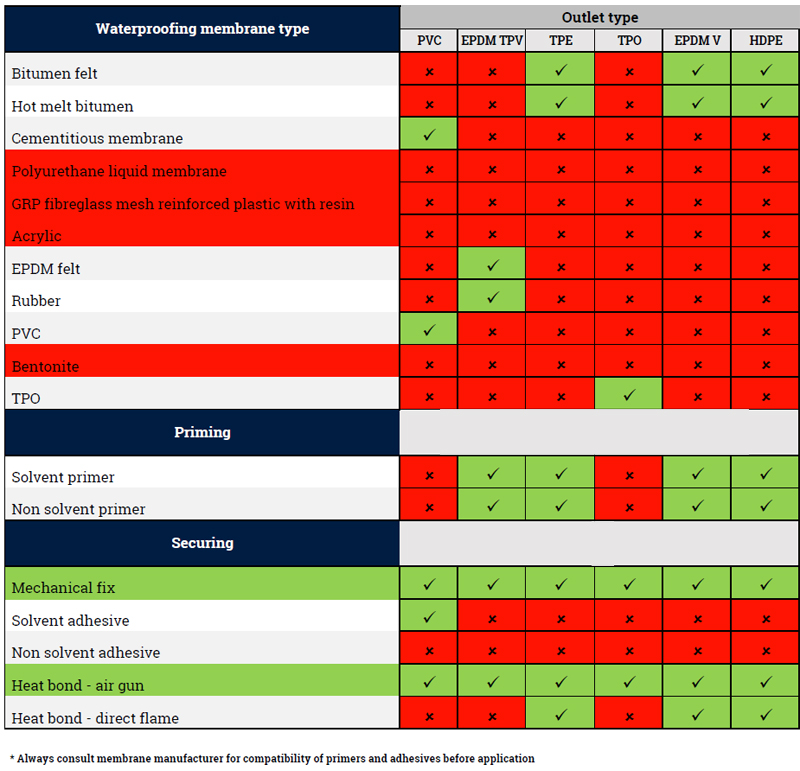Bus shelters with living roofs have started appearing across Sunderland, as the council continues with its drive to make the city a cleaner and greener place to live.
Two new bus shelters outside of the University of Sunderland and the Chesters Pub on Chester Road are the first phase of a plan to install around 90 living roof bus shelters across the city as part of a new contract between Sunderland City Council and Clear Channel UK.
Nicknamed ‘Bee Bus Stops’, living roofs have been specially designed by Clear Channel and expert ecologists to support native biodiversity, help create healthier local communities, and bring greenery back into urban areas. Each is planted with a mix of native wildflower species selected to aid and support bees and other pollinators, whose numbers are sadly in decline.
The living roofs also help provide natural cooling to counteract the effects of ‘urban heat islands’, help absorb rainwater to help alleviate flooding, and filter fine dust particles from the air. They sit atop brand-new shelters, finished to be in keeping with the city’s existing shelters, and built using a range of recycled materials.
The Royal Society of Wildlife Trusts’ independent third-party ecologists have classed the living roof product as being of ‘high strategic significance’, saying they can make a significant contribution to delivering Biodiversity Net Gain.
Councillor Claire Rowntree, Sunderland City Council’s Cabinet member for Clean, Green City, said: “We know from our Let’s Talk campaign that our residents are passionate about the environment and want a greener city to live in.
“In addition to our reintroducing wildflowers across Sunderland’s parks and cemeteries, these new Living Roof bus shelters are another way that we are supporting the pollinators like bees and moths, which are so important for a biodiverse ecosystem but face threat due to loss of habitat.”
These shelters will be among the 137 bus shelters to be replaced by Clear Channel in Sunderland.
For the full article, please click here.


